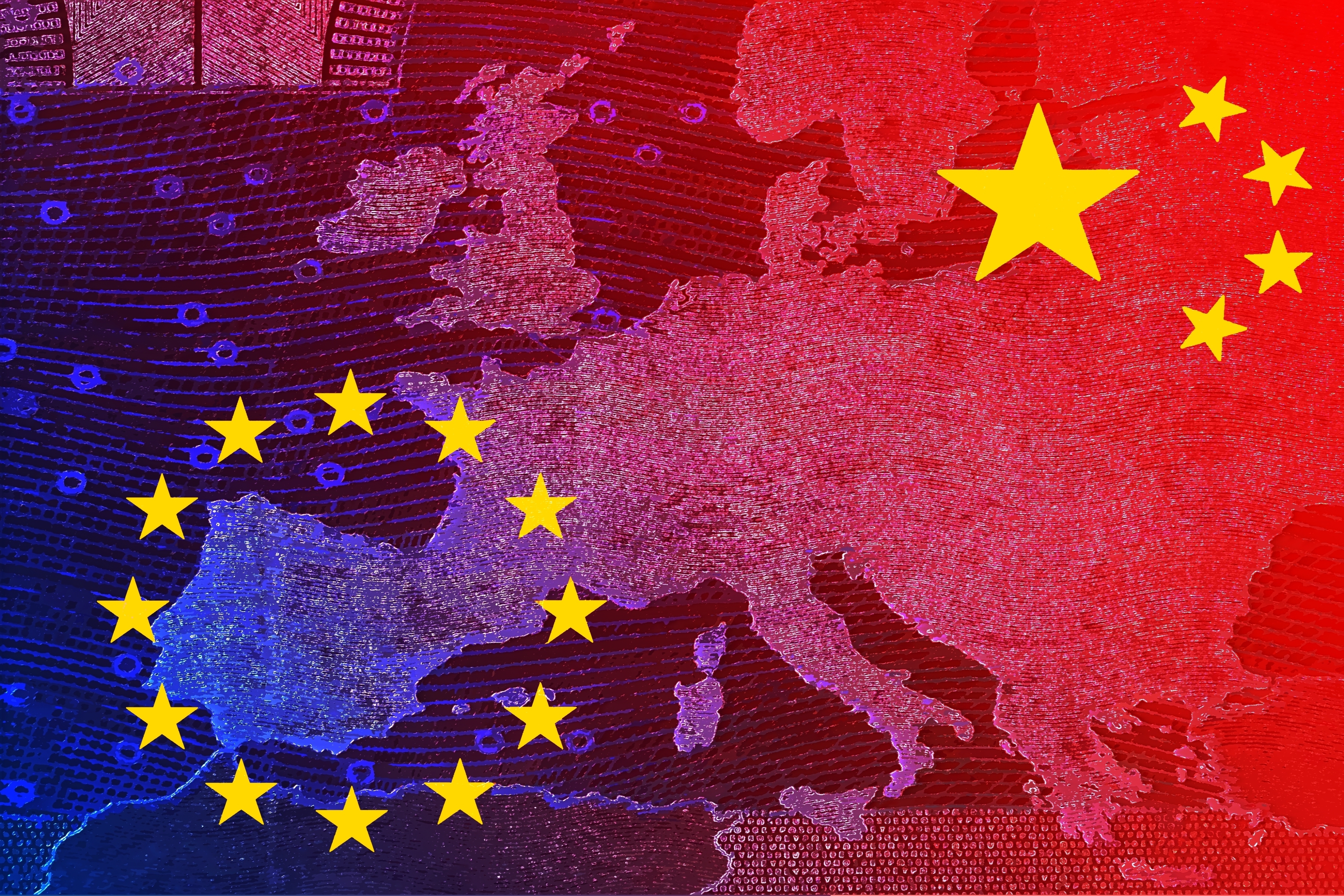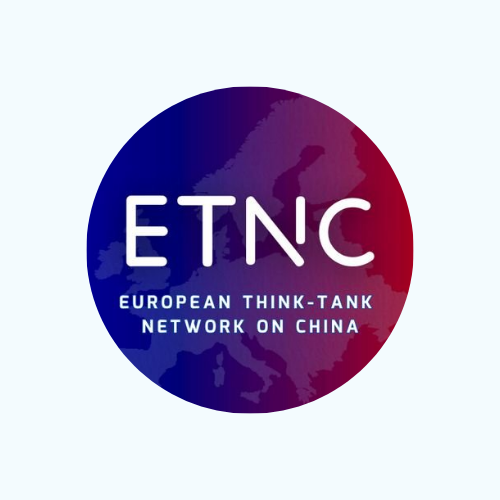Covid-19 in Europe-China Relations: A country-level analysis

Analysis from 19 countries reveals the complexities of Europe’s relations with China amid the Covid-19 crisis.

This report, which brings together experts from across the continent, is a collaborative effort of the 21 research institutes that make up the European Think-tank Network on China (ETNC), of which Ifri is a founding member.
As explained by John Seaman, editor of the report and Research Fellow in Ifri’s Center for Asian Studies, the Covid-19 crisis represents the first time that China has figured so prominently on an issue of immediately critical importance to European citizens, governments, and the European project more broadly. The way that relations with China evolve over the course of the crisis will likely have a lasting effect on the Europe-China relationship.
This was already supposed to be a defining year for Europe-China relations. Critical decisions are slated to be made on questions such as 5G licensing rules in Europe and a bilateral investment agreement between China and the European Union (EU), while in September, 27 European heads of state and government are meant to sit down, for the first time collectively, with their Chinese counterpart in Leipzig, Germany. Now, 2020 is shaping up to be decisive on an even broader range of issues.
KEY OBSERVATIONS DRAWN FROM THE REPORT:
- While the situation is still highly fluid, the crisis has so far simultaneously brought Europe and China into closer cooperation, pushed them further apart, and seemingly amplified many of the fractures that exist within Europe on how to approach an increasingly powerful and influential China.
- Structural issues in Europe-China relations – including the contours of multilateralism, enhanced investment screening and the extent of European strategic autonomy in areas relevant to China – will become more prevalent as time wears on.
- Covid-19 crisis assistance has been mutual, while commercial exchanges in medical supplies from China to Europe have far exceeded aid volumes.
- Meanwhile, Chinese diplomats have become more visible and proactive across much of Europe, particularly on social media.
- While China’s increasingly proactive public diplomacy is widespread, there is a diversity in methods that ranges from low key (see Latvia or Romania) to “charm offensive” (see Poland, Portugal, Italy or Spain) to provocative or aggressive (see Sweden, Germany or France).
- China is becoming an increasingly divisive topic of internal political debate in many European countries. At the same time, China’s actions toward Europe in this time of crisis seem to amplify the fractures across the continent.
- Still, it cannot be excluded that, as time wears on, China will prove to be a catalyst for the emergence of the much-heralded “geopolitical Europe”. Indeed, China has recently sparked common European initiatives on issues such as investment screening, 5G and industrial policy, and galvanized strategic policy thinking in a number of capitals.
- Finally, debates across Europe have not been immune to the US-China rivalry, and this is likely to be a key feature as debates move toward more structural issues in a post-Covid-19 world.
Focus on France:
In the report, Ifri’s Marc Julienne, Head of China research in the Center for Asian Studies, provides an analysis of how relations between France and China have evolved within the current crisis.
- As the Covid-19 crisis has evolved, China and France have demonstrated mutual assistance and expressed their solidarity with each other. However, their bilateral relations have also been tested, particularly as the Chinese embassy in Paris has made waves through a number of controversial public comments.
- Through anonymous, op-ed-like articles published on its website, the Embassy of the People's Republic of China (PRC) in France has aggressively denigrated Western democracies and pushed forward the official PRC narrative of success in the management of the crisis.
- The behavior of the Chinese embassy in France, which resulted in the summoning of the ambassador by the French Minister of Foreign Affairs, reflects Beijing’s new diplomatic approach to public relations, a more proactive and aggressive style dubbed “Wolf Warrior” diplomacy, after the patriotic Chinese blockbuster film. This new approach has been witnessed in many countries, especially in Europe.
- French public opinion has evolved from rather positive views to a cooler, and sometimes hostile, attitude vis-à-vis China from late March. This was triggered by increasing doubts on China’s transparency, accusations of influence over the World Health Organization (WHO), geopolitical motives behind what has been called China’s “mask diplomacy”, as well as the aggressive stance taken by the PRC embassy.
- This aggressive attitude is a new phenomenon that risks undermining the views of China in France, including within the government, which could affect bilateral relations.
- The Covid-19 pandemic is likely to further motivate President Macron’s commitment to multilateralism and strategic autonomy. The EU is the priority of this multilateralism, and China will remain an important partner. Strategic autonomy will likely materialize in an increased self-reliance in industrial sectors, and consequently a decrease of French and European investments in China.
Download the full analysis
This page contains only a summary of our work. If you would like to have access to all the information from our research on the subject, you can download the full version in PDF format.
Covid-19 in Europe-China Relations: A country-level analysis
Related centers and programs
Discover our other research centers and programsFind out more
Discover all our analyses
RAMSES 2024. A World to Be Remade
For its 42nd edition, RAMSES 2024 identifies three major challenges for 2024.
France and the Philippines should anchor their maritime partnership
With shared interests in promoting international law and sustainable development, France and the Philippines should strengthen their maritime cooperation in the Indo-Pacific. Through bilateral agreements, expanded joint exercises and the exchange of best practices, both nations can enhance maritime domain awareness, counter security threats and develop blue economy initiatives. This deeper collaboration would reinforce stability and environmental stewardship across the region.

The China-led AIIB, a geopolitical tool?
The establishment of the Asian Infrastructure Investment Bank (AIIB) in 2016, on a Chinese initiative, constituted an attempt to bridge the gap in infrastructure financing in Asia. However, it was also perceived in the West as a potential vehicle for China’s geostrategic agendas, fueling the suspicion that the institution might compete rather than align with existing multilateral development banks (MDBs) and impose its own standards.
Jammu and Kashmir in the Aftermath of August 2019
The abrogation of Article 370, which granted special status to the state of Jammu and Kashmir (J&K), has been on the agenda of the Bharatiya Janata Party (BJP) for many decades.











